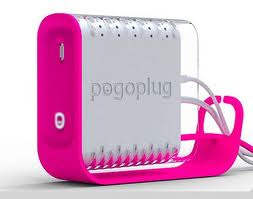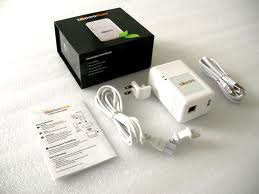Cloud computing seems to be everywhere. It has spilled outside of company walls directly in the hands of individuals at an amazing pace. You don’t have to be a techie to be sucked into wanting it – enticed by commercials that beckon, “To the cloud!”
 Even those that have managed to miss the marketing coverage might have experienced the cloud. Do you manage your finances at Mint.com? Have you used Facebook or Flickr? You’ve been to the cloud.
Even those that have managed to miss the marketing coverage might have experienced the cloud. Do you manage your finances at Mint.com? Have you used Facebook or Flickr? You’ve been to the cloud.
Now, vendors are focusing even more on individuals with the introduction of personal clouds. Personal clouds promise every day users the ability to store all of their “stuff” in the cloud. Files, photos, movies, music, financial data or other personal content can be warehoused in a personal cloud where the individual controls access. As far back as 2009, ancient in internet time, EMC’s CTO discussed personal clouds describing three essential features: control, convenience and permanent archive. Individuals with privacy concerns might immediately say something starting with “Big brother,” mumble a rant, and end with “everything about me.” However, pragmatically, a significant portion of individual personal data is already spread across multiple sites where it is even more difficult to monitor and control privacy and access.
Personal clouds come in multiple models. One model is the traditional remote hosting model where users upload files to a remote location manually or via synchronization. A second model reverses the original concept.

What are the implications for personal computing? Substantial. Vendors offering products and services like hard drive backup, remote machine access and disaster recovery might soon find themselves competing, or unable to compete, with personal cloud products. Personal clouds make it possible for even the most unsophisticated users or small businesses to implement protections against losing valuable data and time due to a physical machine failure or software corruption. Further, as more and more mobile devices dominate the technology landscape, personal clouds could eliminate the need to copy media repeatedly between devices – store it once and access It everywhere.
The personal cloud is an exciting space, but it is far from mature. No standards exist for personal clouds, so the capabilities and technologies used across platform will vary significantly making it more difficult for users to move easily between personal cloud vendors. In spite of these challenges, personal cloud computing is likely to expand in adoption due to rapidly expanding feature set and because, well, it’s just cool.
Related posts: Upcycling Your Old Computer: Cloud Ready
